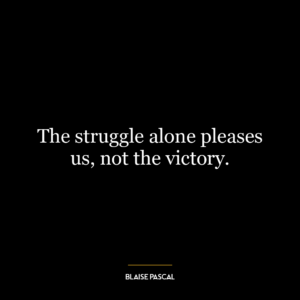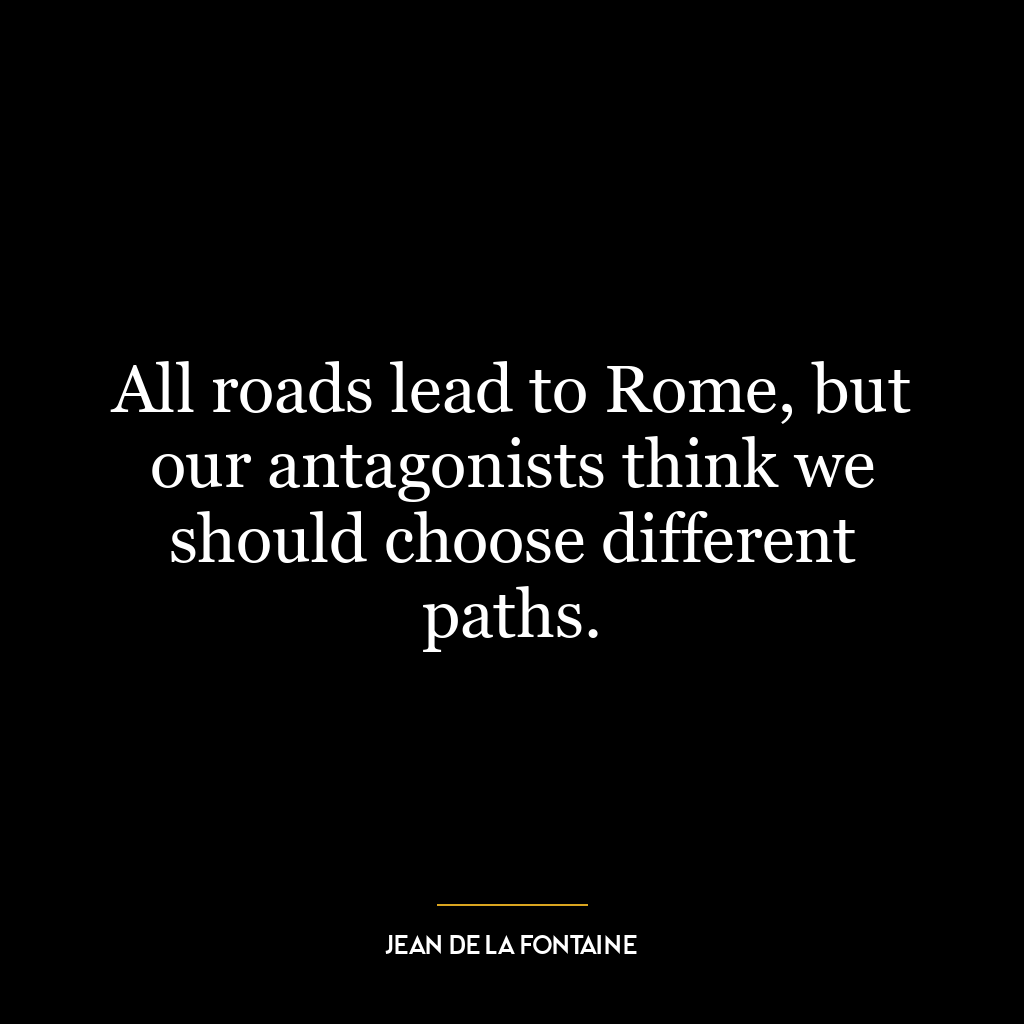This quote is a critique of religious wars and conflicts, suggesting that the root of these battles is essentially over whose interpretation of a divine entity is superior. The phrase "better imaginary friend" is a somewhat cynical way to describe a deity or god, highlighting the subjective and personal nature of religious beliefs. The quote implies that killing each other over such subjective beliefs is absurd and futile.
In a broader sense, the quote can be interpreted as a critique of any conflict or dispute that stems from subjective beliefs or perceptions, not just religious ones. It underscores the irony and tragedy of human conflict, where people fight and even kill each other over differences in their personal beliefs, interpretations, or perceptions, which may not have a concrete or objective basis.
In today’s world, this idea is still very relevant. We see conflicts, both large and small scale, erupting over differences in ideology, politics, and yes, religion. It serves as a reminder of the destructive potential of intolerance and the importance of respect for diversity and individual perspectives.
In terms of personal development, this quote can be a reminder to avoid getting entangled in conflicts or disputes that are based on subjective beliefs or perceptions. It encourages one to respect diversity in thought and belief, to practice tolerance, and to seek peaceful resolution of conflicts. It also could be interpreted as a call to question one’s own beliefs and perceptions, to avoid holding them as absolute truths, and to be open to other perspectives.













